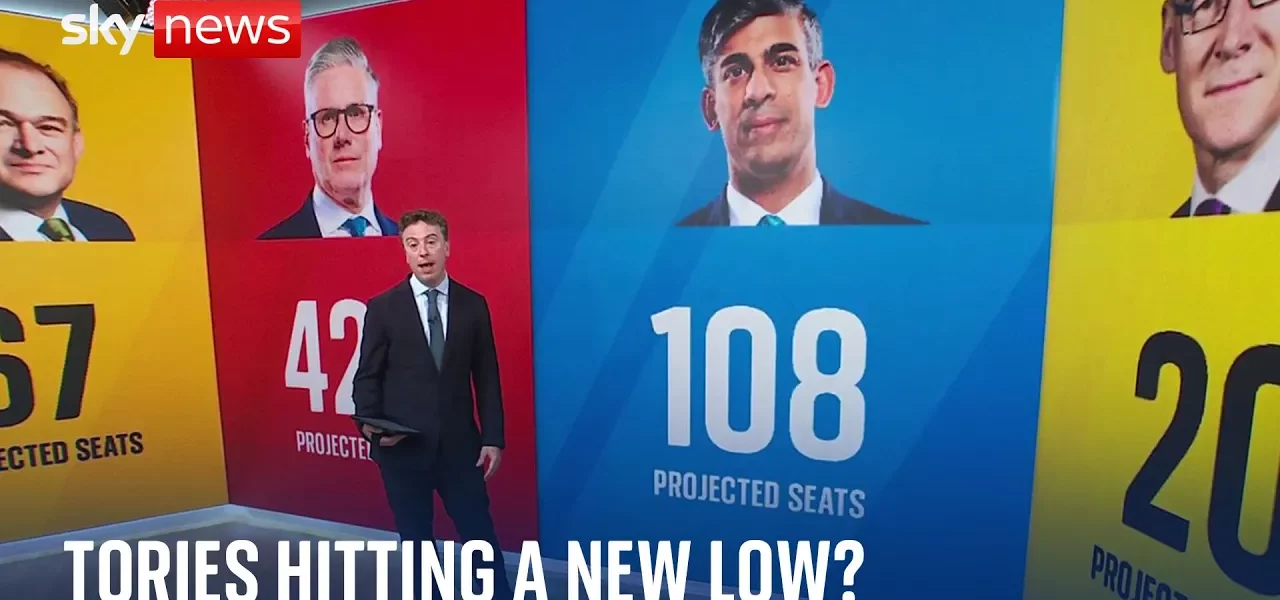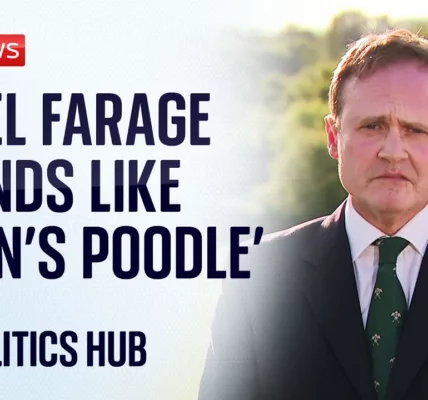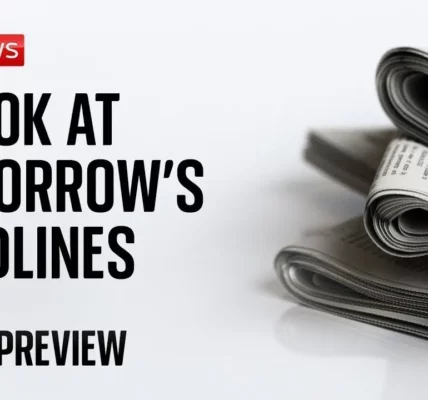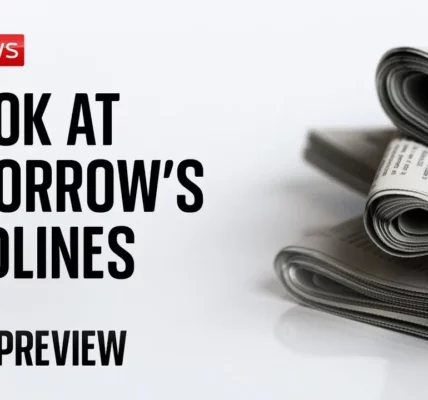YouGov Poll Projections Reveal Labour’s Commanding Lead in Upcoming General Election

This article provides a comprehensive analysis of the latest YouGov poll results, illustrating the seismic shifts in UK politics leading up to the general election. With Labour projected to secure a significant majority, we delve into the implications for the Conservative Party and other political entities.
Introduction
The political landscape in the UK is undergoing a dramatic transformation as new polling data emerges from YouGov, indicating a substantial shift towards the Labour Party. According to the latest projections, Labour is on track to achieve a majority of 200 seats in the upcoming general election. This article explores the implications of these findings and the potential impact on the future of British politics.
Current State of the Parties
As we analyze the current political climate, it is essential to understand the standing of each party as indicated by the YouGov survey:
- Labour Party: Projected to secure 425 seats, marking a historic high.
- Conservative Party: Expected to drop to a record low of 108 seats.
- Liberal Democrats: Forecasted to increase their representation to 67 seats.
- Other Parties: Reform party projected to gain 5 seats and the Green Party expected to double their seats to 2.
Labour’s Rise and Conservative Decline
Labour’s current trajectory reflects a consolidation of support that has evolved throughout the election campaign. The projections reveal a stark contrast to previous elections:
Historical Context
The projected seat count for Labour would represent one of the largest majorities since the Second World War. If these numbers hold, it would be a significant victory for Keir Starmer, enabling him to push through legislation with relative ease.
Conservative Party’s Challenges
The Conservative Party, under Rishi Sunak’s leadership, faces substantial challenges. The anticipated drop to 108 seats would reflect a profound loss of public support, possibly attributed to various factors, including:
- Unpopular policies and economic challenges.
- Internal party conflicts and leadership issues.
- The rise of smaller parties attracting centrist voters.
The Impact of Smaller Parties
The current polling data indicates a notable rise in the influence of smaller parties, which could reshape the political landscape:
Liberal Democrats’ Surge
The Liberal Democrats, under Ed Davey’s leadership, are projected to increase their seat count significantly. This rise suggests a growing demand for centrist alternatives in British politics.
The Emergence of Reform and Green Party
Additionally, the Reform Party’s expected gains, alongside the Green Party’s potential to double their representation, highlight a shift in voter preferences that could challenge the traditional dominance of the Labour and Conservative parties.
Electoral Dynamics and Voter Sentiment
The current polling dynamics reveal a complex picture of voter sentiment:
Vote Share Analysis
The YouGov projections suggest Labour could secure approximately 39% of the vote, while the Conservatives may fall to around 22%. This shift raises questions about the electoral strategies employed by both parties:
- Labour’s focus on key issues resonating with the electorate.
- Conservatives’ challenges in addressing voter concerns effectively.
Uncertainty and Toss-Up Seats
Despite the clear trends, many seats remain categorized as toss-ups, indicating that the final outcome of the election is still uncertain. With 109 seats still in contention, the landscape could change as the election date approaches.
Conclusion
The latest YouGov projections indicate a significant shift in the UK political landscape, with Labour poised for a historic majority. As the campaign progresses, the dynamics between the major parties and the rise of smaller parties will continue to evolve. Voter sentiment is crucial in determining the final outcome, making the upcoming election a pivotal moment in British politics. For those interested in staying updated on these developments, follow our coverage as we approach the election date on July 4th.
“`




